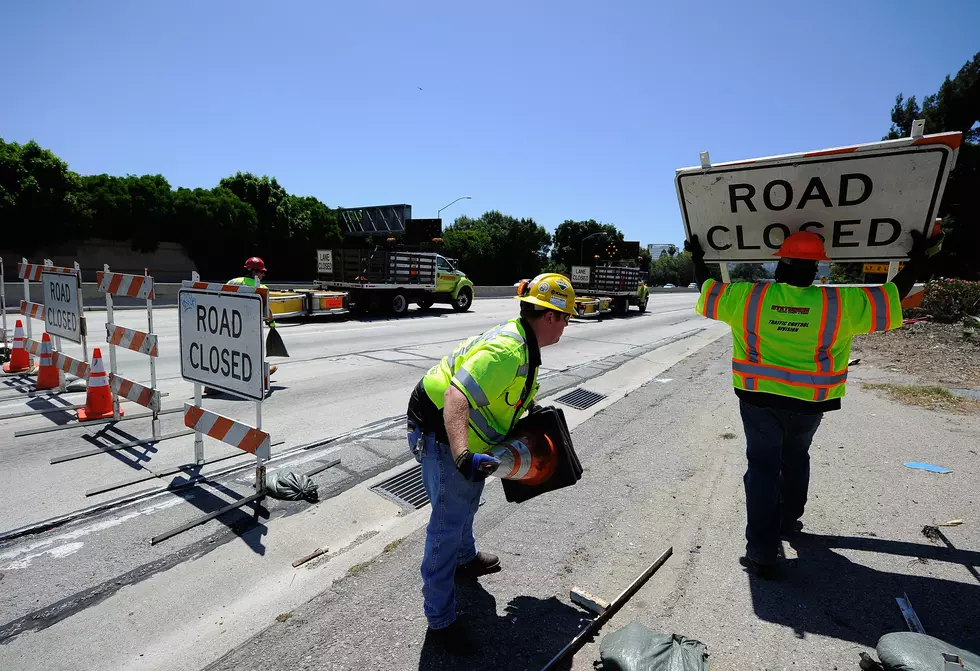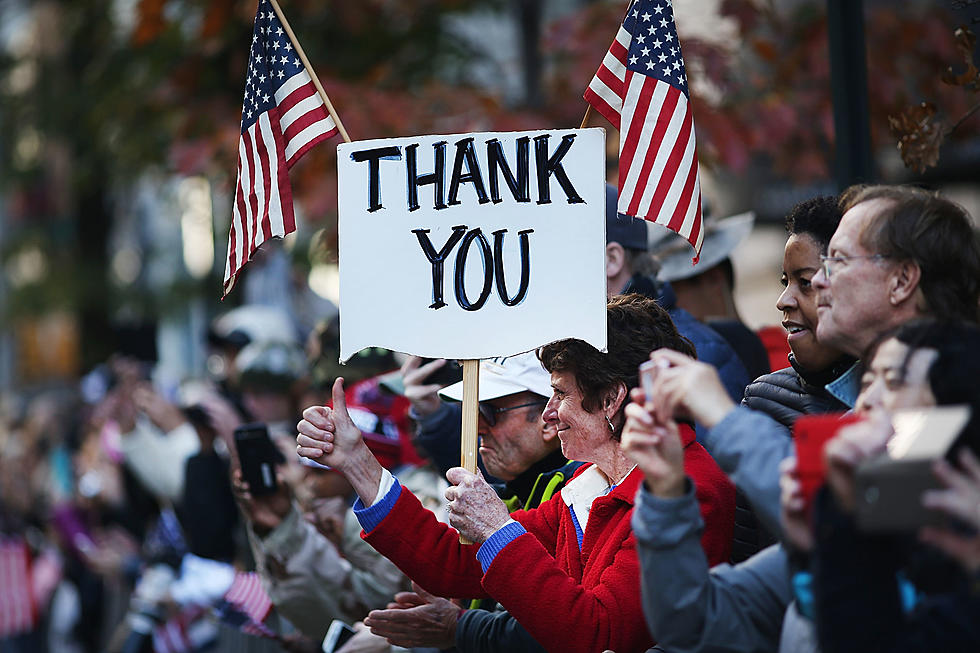
Shreveport Mayor To Veto Noise Ordinance Measure
A massive update to Shreveport's downtown noise problems has unfolded this afternoon. Shreveport Mayor Tom Arceneaux has announced that he will veto a pair of ordinances passed by the Shreveport City Council addressing the city's noise ordinance.
The discussion over downtown Shreveport's noise concerns have been increasing since an uptick in violence has been documented in videos posted online.
In his notes to the council, the mayor said:
"Pursuant to Section 4.21 of the City Charter, I disapprove both Ordinance 110 and Ordinance 111 of 2023 as passed by the City Council. I return Ordinance 110 with this letter, noting my veto on the ordinance, and I return Ordinance 111 with the companion letter to this one, also noting my veto on the ordinance.
The goal of Ordinance 110, along with its companion Ordinance 111, was to curtail excessive noise from amplified sound. The standards passed by the City Council permit such loud amplified sound as to make matters worse rather than better, in my opinion.
Thus, I have vetoed Ordinance 110 of 2023 and its companion Ordinance No. 111 of 2023 as passed by the Council.
Louisiana law, based on long-established principles of Roman law, requires individuals and businesses not to exercise their rights in a way that interferes with other individuals' enjoyment of their rights. The Louisiana Civil Code embodies these principles, and noise regulations are an outgrowth of those principles.
The right to be in a particular place, like one's home, without bombardment of unwanted amplified sound or other noise, is a significant right. A permitted sound level for someone at their property (not the property of the one amplifying the sound) of 85 dB destroys that right. Thus, I have concluded that the existing noise ordinance is better than Ordinance 110 as passed by the Council. There is no reason why persons must barricade themselves in their homes to avoid unbearable and constant noise from a source with the means to prevent the intrusion.
The principle involved in a noise ordinance is that a person, particularly a business, should confine the amplified sound it generates to its own premises and a small radius from the premises. Ordinance 110 as passed violates that principle. One must remember that the sound measurement imposed by Ordinance 110 is not at the source, but outside the property containing the source.
I believe a proper policy would balance the desirability of entertainment downtown with the desirability of business viability and residential livability downtown. We can balance those interests successfully, but Ordinance 110 does not create that opportunity.
Instead, it undercuts business viability and residential livability, both critical elements for a thriving downtown and city.
Ordinance 110 as passed by the Council also would permit clubs and restaurants outside the downtown area, in fact in neighborhoods all over the city, to produce sound that would register at up to 85 dB at nearby residences. That is an unacceptable result.
A level of 85 dB outside of the property that generates the sound permits sound to be heard clearly and loudly for several blocks, disturbing residents and others in the area. It exposes people unwillingly to sound to which they did not consent and that they may not want to hear.
I have personally been to the Entertainment District (as defined in Ordinance 110) between midnight and 2:00 a.m., and I can attest that the music and commentary coming from patio premises was so loud that I could not carry on a conversation with a person standing next to me, even though I was 50 feet or more from the establishment generating the sound. Moreover, the extremely loud sound was constant, not intermittent.
I believe that club owners and other stakeholders would be served better by an ordinance that restricts off-premise sound to a maximum of the levels contained in proposed but unpassed Amendment No. 1 to the original draft of Ordinance 110. For properly permitted establishments in the Entertainment District, that means maximum levels of 70 dB from 7:00 a.m. until 1:59 a.m., and 60 dB between 2:00 a.m. and 6:59 am.
Prolonged exposure to sound at or above 70dB begins to cause hearing loss, according to the United States Centers for Disease Control and Prevention. Sound at 70dB is 15 times less intense than sound at 85 dB. That difference is significant.
Dale Lynch, a sound professional who spoke to the Council about the noise ordinance, said, appropriately, that if he owned a club with a patio, he would put up sound curtains or other barriers to protect and respect his neighbors. Other options include speaker placement, phase cancellation equipment, and Plexiglas or other shields. If the clubs involved invested in equipment and materials to contain their patio sound to their patios, all businesses and residents would be well-served and could live, work, and play in harmony. That should be the goal.
In determining whether to veto Ordinances 110 and 111, I made a thorough review of the existing noise ordinance in Chapter 58 of the City's Code of Ordinances. That review makes it clear to me that the existing noise restrictions are better than what is contained in Ordinance 110 as passed. I have also concluded that the existing ordinance is enforceable to protect neighbors from unwanted noise from nearby establishments.
Pursuant to existing Section 58-30(15), a person violates the ordinance if noise from the person's establishment is “plainly audible” at a residential property line, without respect to a particular decibel level, between 10 p.m. and 8 a.m. While SPD has issued few tickets for violations of this section thus far, I will be requesting that SPD issue tickets for violations of this section, exercising reasonable discretion.
In addition, I believe that the operation of the patio speakers I witnessed downtown is a “significant noise generator” within the meaning of the existing ordinance. Based on my personal experience, the patio operations reasonably may be expected to generate noise on adjacent properties that exceeds the limits in the existing ordinance. This means that establishments operating them must have an approved noise management plan to restrict noise to levels within those set in the current ordinance (generally, 65 dB or less at a property line). I am not aware that any such person has submitted or has received approval of a noise management plan with respect to downtown music.
While I believe the proposed ordinances are superior administratively to the existing ordinance in respects other than the dramatic increase in permitted noise levels, that dramatic increase causes me to veto the ordinances as passed. I can support an ordinance that would provide the sound restrictions in unpassed Amendment No. 1 to Ordinance 110.
I will ask SPD to enforce the existing ordinance as written until a more reasonable ordinance is passed."
An addition statement was provided to the council for Ordinance 111 as well.
Who Are the Highest Paid Employees at Shreveport City Hall?
Who Are the Most Powerful Men in Shreveport Bossier
More From KISS Country 93.7







